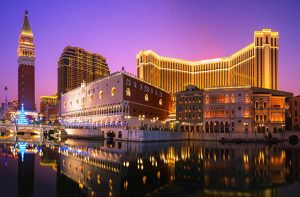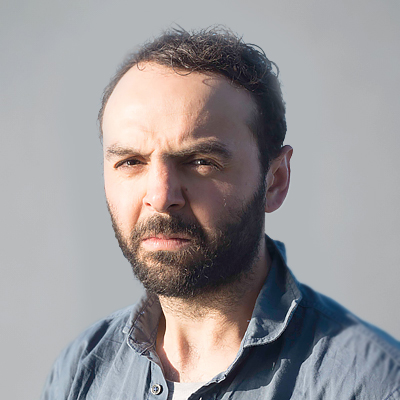Macau has had difficult years due to the epidemic. Due to the restrictions, the number of visitors decreased, casino revenues decreased, and new legislation further complicated the situation. Today the city has restarted, but the future remains uncertain.
Macau challenges remaining a competitive gaming hub
85%: This is the decrease in Macao’s tax revenues. world’s largest casino city, recorded between 2019 and 2022. A collapse that would bring even the most experienced industrial sectors to their knees, but would not fatally affect the autonomous region of Southern China. Today, with Covid 19 seemingly under control, Macau’s data has started to increase again: from January to September 2023, Macau recorded more visitors than the previous three years combined.
Despite this, Macau’s future looks quite uncertain. Not because of uncontrollable events such as the pandemic, but in relation to the plans of the President of the People’s Republic of China Xi Jinping for Macau’s casinos and the economy of the entire region. The national government’s intention is to conduct a deep operation. Renewal of the area following the Las Vegas model. In short, it is no longer a city of sin, but a center with a broader offer, with announced offers for leisure and, above all, for families.

Macau’s future
It all revolves around the nationwide anti-corruption campaign that Xi has launched. This is the largest anti-money laundering action ever seen in China, and the measure, let’s remember, significantly upset Macau, whose own currency, the pataca, is decoupled from the yuan and pegged to the US dollar. Over time, this peculiarity caused it to become the largest casino city in the world. A privileged channel for money laundering or permanently moving illicit profits out of mainland China.
The system used by Chinese high rollers, or big players, is to claim winnings in foreign currency or fake large losses and pay gambling debts into foreign accounts attributed to them. Xi Jinping’s campaign has effectively eliminated this mechanism by blocking all casinos in Macau that allow these illegal transactions and arresting Alvin Chau, for example. Chau was chairman of the Suncity Group, among the largest casino-owning groups in and around the region. fathers of the so-called “junk industry”The industry that brought thousands of tourists to Macau every year until 2019 for the sole purpose of playing in casinos.
Chau was sentenced to 18 months in prison for fraud and conspiracy, and the Macau Gambling Regulatory Authority, in a later case, significantly reduced the number of licenses issued to operators working in the gaming tourism sector. The numbers don’t lie this time either: In 2022, Less than a quarter of Macau’s income They came from junket tourism, whereas ten years ago they made up 75% of the total.
Macau’s prospects
Macau’s future depends on its ability to attract an increasingly larger audience. The challenge here Bring more people to Macau, people who play in a larger number of attractions and replace the high-stakes players, who are instead very limited groups and have extremely targeted and specific gaming intentions. This is where the idea of bringing Macau closer to the Las Vegas model comes into play. Before the Covid 19 outbreak, Macau generated approximately 80% of its income from gambling. But in Las Vegas built a much more stratified economy and today the largest percentage of revenues come not directly from games, but from everything around it, such as shows, shopping, restaurants, in short, the general hospitality industry.
Large groups operating in the hospitality sector have invested in Macau in the last decade billion dollars to expand its offeringsEntertainment options are increasing, but there’s still more to do. At the very end of 2022, the local government renewed the licenses of the six largest casinos in the region for ten years, but committed the operators to invest a total of 10 billion euros in the development of the casinos. Projects not directly related to gaming and aims to bring increasing numbers of foreign tourists to Macau.
From this perspective, it is worth mentioning two future projects of Macao. The first is a high tech amusement park It will be built by the Galaxy Entertainment group, which owns the Rio, Waldo and President casinos. The second is a huge glass terrace of almost sixty thousand square meters, which will focus entirely on a new facility being built by Sands China, a complex that will focus on large areas for meetings and conferences. In short, Macau must guard against Xi’s wrath and become much more than a casino city in the short term: a diverse place with less social inequality.




